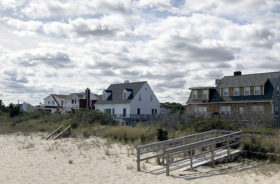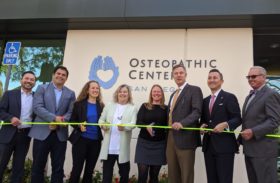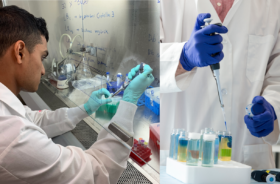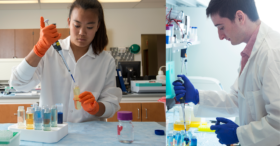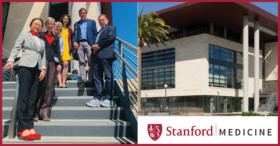FOR IMMEDIATE RELEASE
Media Contact:
Tara DiMilia, 908-947-0500, tara.dimilia@TMstrat.com
Ticks Carrying Disease Found to Be Abundant in Beach Areas, Similar to Woodlands, According to New Study
Study Funded by Bay Area Lyme Foundation Also Shows Ticks in Northern California Carry a Diversity of Disease-causing Bacteria at Higher Rates Than Previously Reported
Portola Valley, CA, April 23, 2021—Bay Area Lyme Foundation, a leading sponsor of Lyme disease research in the US, today announced results of a study demonstrating that adult Western black-legged ticks (Ixodes pacificus) carrying Borrelia burgdorferi, the bacterium that causes Lyme disease, were found in beach areas at equal rates to the woodland habitats in parts of northwestern California. Further, researchers, who were testing ticks for up to 5 species of tick-borne bacteria, found that the collective infection rate of all species was as high as 31% in at least one area, which offers a different perspective from previous studies that tested for a single species of bacteria in a specific area or areas. Conducted by researchers at Colorado State University, Northern Arizona State University and Translational Genomics Research Institute (TGen), and published in the June issue of the peer-reviewed journal Applied and Environmental Microbiology (AEM), the research points to the need for greater education for both the community at large and healthcare providers about the risks of tick-borne disease.
“The high rate of disease-carrying ticks in the coastal chaparral was really surprising to us. And when looking at all the tick-borne pathogens simultaneously, it makes you rethink the local disease risk,” said Lead Author Daniel Salkeld, PhD, Colorado State University. “Previously, we, along with other researchers, may have missed the big picture when we focused our attention on investigating the risk of one pathogen at a time. Now, we have a new imperative to look at the collective risk of all tick-borne pathogens in an area.”
